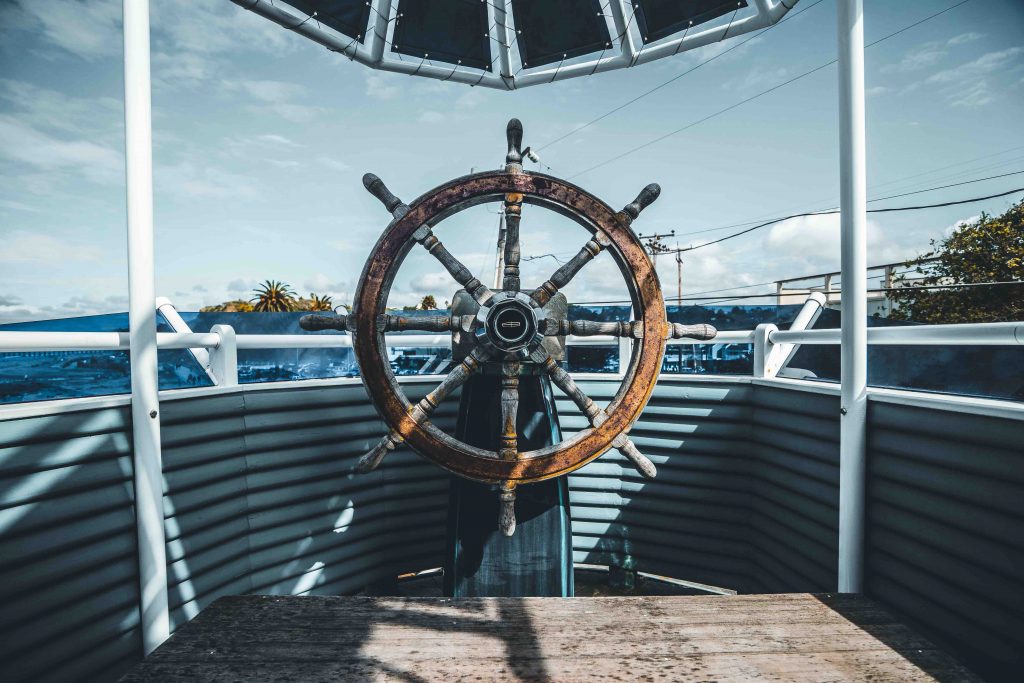
A significant factor in determining tort liability is who is at fault for the accident. Suppose someone is injured in a premises liability case. The plaintiff claims that the owner is responsible for the plaintiff’s injuries because the owner’s negligence led to the plaintiff suffering injuries. The owner/defendant counters that it is not liable for the injuries and they were due to the plaintiff’s neglect. To succeed at suing for your injuries, you must show that the other party is at fault, not that you were neglectful.
Jefferson Case
In the recent case of Jefferson v. International Marine, Robert Jefferson sued International Marine for negligence with respect to injuries suffered. In that case, Jefferson worked on an oil platform in the Gulf of Mexico and was being transported by a ship owned by International Marine. The ship was taking him from his place of work, the oil platform, to his place of lodging, which was a different platform. Jefferson alleges that while he was on deck and waiting for a personnel basket to be lowered, he stepped backward into a gap due to a missing floorboard. He fell and sustained injuries due to the missing floorboard. He sued for negligence.
International Marine countered that this occurred due to Jefferson’s neglect and not International Marine’s negligence. International Marine claimed that the gap was open and obvious so Jefferson should have noticed it and been mindful of the dangers.
Because the injury occurred on a vessel out in the Gulf of Mexico, it falls under United States Maritime jurisdiction. To be successful at a maritime negligence claim, the plaintiff must prove the following:
- That the defendant owed the plaintiff a duty;
- That the defendant breached that duty;
- That the plaintiff sustained injury; and
- That a causal connection exists between the defendant’s conduct and plaintiff’s injury.
It is simple, in this case, to demonstrate the first three elements. It is a well-settled rule of maritime law that ship owners owe a duty of care to people aboard the ship. If the ship owners did not readily repair the ship and injury occurs, the ship owner breached that duty. The issue is whether there is a causal connection between Jefferson’s injury and International Marine’s conduct. If the plaintiff was neglectful, there is no causal connection.
These types of cases will come down to how evidence is presented. The defendant will provide evidence demonstrating that the gap was easily identifiable so, in the defendant’s case, the plaintiff should have been mindful.
In this case, the court ruled in favor of Jefferson, noting that he was mindful of the conditions under the circumstances. While the defendant presented evidence that the gap was obvious, the court considered all circumstances and found that Jefferson was not being neglectful and therefore International Marine was negligent.
Injured in a maritime accident? Contact the Kolodny firm, a maritime law firm that fights for injured victims hurt in maritime accidents.
(image courtesy of Joseph Barrientos)

